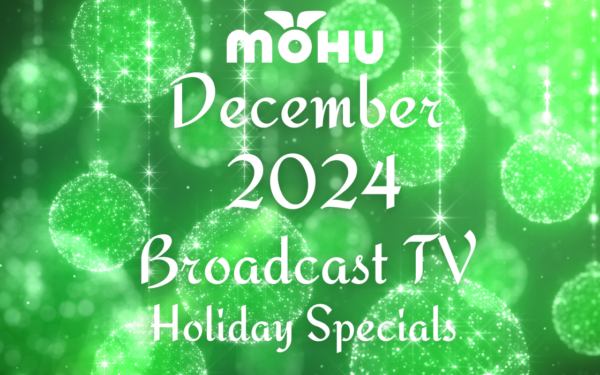The Supreme Court heard arguments yesterday in ABC vs. Aereo. There are two main issues that the Court will need to address. The first issue is whether or not the re-transmission of OTA content constitute a “public” or “private” performance. The second issue is murkier, and concerns the future of “the cloud” where data and entertainment content is moving.
Chief Justice John Roberts Jr. came down hard when he told Aereo’s lawyer: “Your technological model is based solely on circumventing legal prohibitions that you don’t want to comply with.” In summary, copyright law allows for the private use of the broadcaster’s airwaves. For example, it’s completely legal to hook up a Mohu antenna to a television, or even a Sky to four televisions in one home because that use of the airwaves constitutes a “private” performance (even if you have friends come over to watch the Super Bowl). However, the cable companies pay approximately $3 billion a year in retransmission fees to the networks because their capture of broadcasts and sending them to million of customers is a “public performance.” Aereo claims its performances are “private” because each customer (who pays between $8-$12/month) is assigned a tiny antenna to digitally capture an OTA broadcast and store it in the cloud. The “owner” of that antenna then has the content streamed to a tablet, smartphone or computer.
The issue the Justices spent more time on “was about the risk that the Court might rule in this case in a way that would smother the infant of digital innovation in its electronic crib,” according to SCOTUSblog. In other words, storing a transmission in the cloud could theoretically affect anything from Dropbox to iTunes. According to the Wall Street Journal Online, Justice Breyer said the broadcasters’ arguments made him “nervous,” while Justice Sotomayor said the case was a difficult one.
There is little precedent for how the Court might rule and what that ruling will mean for the television industry. The Supreme Court rarely rules on copyright laws and the last time they ruled on case relating to television was six years ago. Prior to that, they ruled in favor of Sony in the “Betamax” case in 1984, allowing for private VHS recordings of broadcast TV shows. If the Court rules in favor of Aereo, the broadcasters are threatening to move to a cable only model. If the Court rules in favor of the broadcasters, then Aereo will likely go out of business. A ruling is expected in June.




